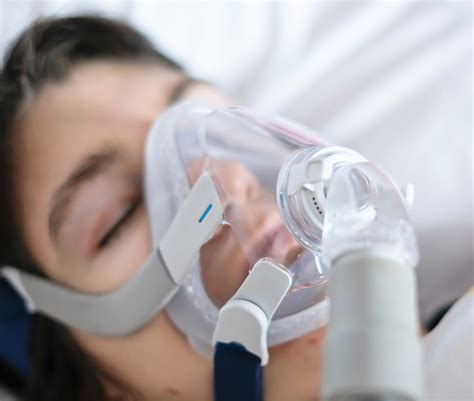Sleep apnea is a serious medical condition that can significantly impact your overall health and well-being. It happens when your airway repeatedly closes while you are sleeping, resulting in brief breathing pauses throughout the night. Not only does sleep apnea The Woodlands disrupt your restful slumber, but it can also lead to other more serious complications.
These are some of the causes of sleep apnea:
- Being overweight: Excess fat around the neck can put pressure on the airway and cause it to close.
- Aging: As you age, your throat muscles start to weaken, reducing their support of your airway.
- Family history: If somebody in your family has sleep apnea, you are more likely to develop it.
- Smoking irritates the airway and increases the risk of developing sleep apnea.
- Drinking alcohol: Alcohol can relax the muscles in your throat, leading to airway obstruction during sleep.
Relationship between sleep apnea and dental health
When it comes to dental health and sleep apnea, there are a few key points that you should be aware of:
Sleep apnea can increase the risk of developing gum disease
Gum disease is a serious condition that can lead to tooth loss and other oral health issues. People with untreated sleep apnea are more likely to develop gum disease due to the repeated lack of oxygen in the mouth throughout the night. It happens when bacteria build up along the gum line and causes inflammation and infection.
Sleep apnea can lead to dry mouth
A mouth is a common side effect of sleep apnea due to the lack of saliva in the mouth when breathing stops during sleep. This can make it more difficult for your body to fight bacteria.
The presence of oxygen also causes the body to create less saliva, which can lead to an increased risk of tooth decay and other oral health issues.
Sleep apnea can cause jaw pain
The repeated strain of the airway being blocked during sleep apnea can also cause jaw pain and muscle tension in the head and neck area. This is because the muscles are working hard to keep the airway open.
Sleep apnea can cause teeth grinding
Teeth grinding, also known as bruxism, is a common side effect of sleep apnea due to the muscles in the jaw being overworked while trying to keep the airway open. If left untreated, it can lead to worn down or cracked teeth and an increased risk of cavities and other oral health issues.
The importance of early treatment
The earlier you seek treatment for sleep apnea, the better your chances of avoiding any serious dental health complications. Your dentist can work with you to develop a plan to address your sleep disorder and any resulting oral health issues.
Some of the treatment options include:
- Oral appliances are custom-fitted devices that help keep your airway open while you sleep.
- CPAP (Continuous Positive Airway Pressure): This device delivers a steady stream of air pressure to the airways to help them stay open during sleep.
- Lifestyle modifications: Changing your diet and lifestyle can help reduce sleep apnea symptoms.
- Surgery: In some cases, surgery may be necessary to open the airways and improve airflow during sleep.
If you think you may be suffering from sleep apnea, it is important to seek treatment and speak to your doctor at Scott Young, DDS.

